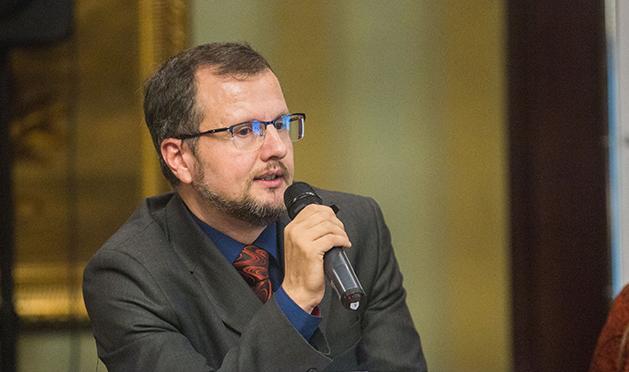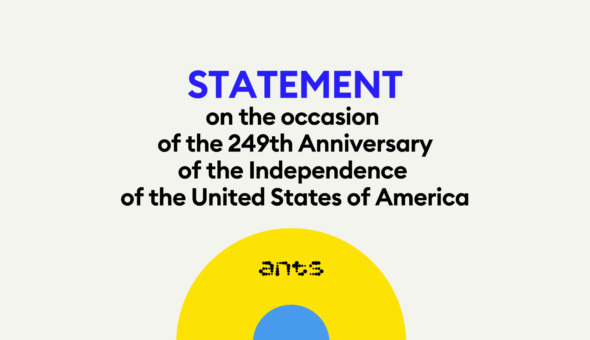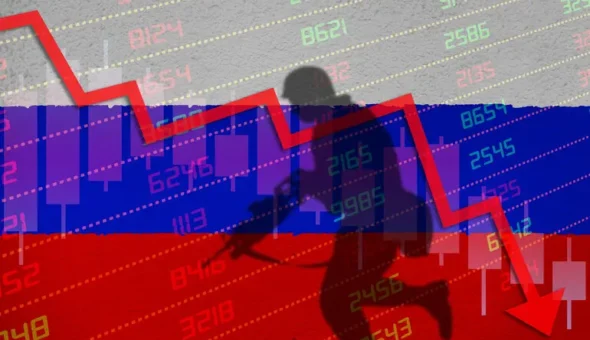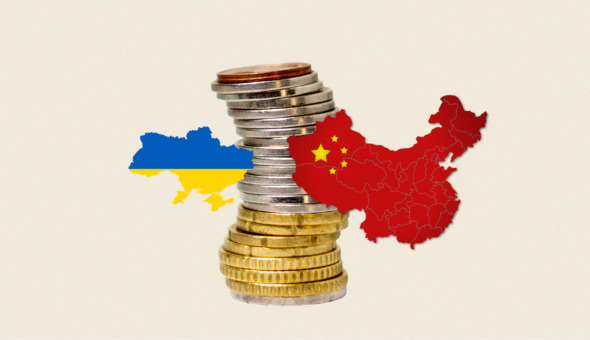
The management of the assets of the companies “Ukrnafta”, PJSC “Ukrtatnafta”, JSC “Motor Sich”, PrJSC “AvtoKrAZ” and PrJSC “Zaporizhtransformator” was transferred to the Ministry of Defense. The general public reacted negatively. However, when assessing the authorities’ decision to seize the assets of businesses, it is important to remember that Ukraine is at war.
Ilya Neskhodovskyi, the head of the analytical direction of the National Interests Advocacy Network “ANTS”, is convinced of this.
“There is a war going on right now. We must remember that these businesses must supply the country with products that are critical to the front-line victory movement and the normal operation of all systems in the rear. Despite the fact that the owners of these assets either collaborated with the enemy, sabotaged government orders, or were involved in financial mismanagement and made unfavorable decisions for the country. On the one hand, I have consistently opposed any actions that violate the right to private property. However, in this case, I believe such a decision is justified,” – Ilya Neskhodovskyi says.
At the same time, establishing the smooth operation of all five enterprises will be difficult. But you must attempt it.
“For example, under the current circumstances, AvtoKRAZ can concentrate on the production of components and repairs of military equipment manufactured by this manufacturer in various years and widely used by the Armed Forces. At the same time, the state order issued by the Ministry of Defense will provide significant financial assistance to these businesses and their teams,”- according to the expert.
It is also important to note that, under the conditions of war and the threat of further destruction, experts believe that publicizing plans for the restoration of damaged assets is not worthwhile.
“They are in a high-risk area.” As a result, recovery is now only possible in limited quantities. In order to produce goods without making large capital investments. However, it is repairable. This is especially true for the Kremenchug Refinery, which has few options. Only this enterprise can process Ukrainian oil in industrial quantities, not artisanally,” the economist points out.
Neskhodovsky does not accept some colleagues’ arguments about the alleged damage to Ukraine’s investment climate. After all, with a few exceptions, Ukraine could not boast of significant investments prior to the war.
“When was the last time we had significant foreign investment? It was actually about reinvesting funds earned within the country throughout the history of independence. When oligarchs took their wealth abroad and then returned to Ukraine to invest in new businesses. What kind of “favorable investment climate” can we talk about in general during the war? “, – the economist thinks. Furthermore, the authorities have already stated unequivocally that these businesses will return the owners or compensate them fairly in the future.
Although Neskhodovskyi has some concerns about asset value reimbursement. Because, in his opinion, even though the return of assets to their pre-war owners or payment of compensation to them is mandated by law, we are not immune to abuses.
“Their impossibility will be largely determined by the method of assessing assets and calculating compensations, as well as the manner in which nationalization of these or other assets will be possible (only when additional decisions are made, and only in the legal field!” The current action, which is only related to the temporary alienation and transfer of enterprises to state management, was taken in accordance with “wartime legislation,” according to the expert. As a result, he does not share the pessimism expressed by some commentators regarding the fact that Ukraine appears to be mired in a vast array of lawsuits, particularly from minority owners of the aforementioned enterprises. Courts, understandably, will not consider relevant applications.
Furthermore, Ilya Neskhodovskyi believes that after the victory, the enterprises will be given to either “more profitable” new owners or to the old ones without compensation for repairs and modernization, which will be carried out with budget funds.
“The Cabinet of Ministers has approved a methodology that provides that if these assets are returned to the owners, they will also be issued invoices for the investments made. Of course, there are risks of abuse and miscalculation. However, if everything is done in accordance with international accounting rules and widely accepted valuation methods, the funds invested during the war in the restoration and modernization of enterprises should be compensated by the owners or factored into their subsequent calculations with the state,” – according to the economist.



